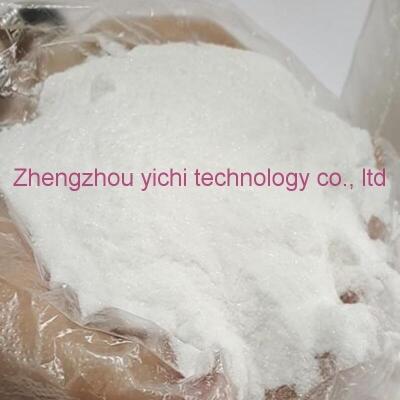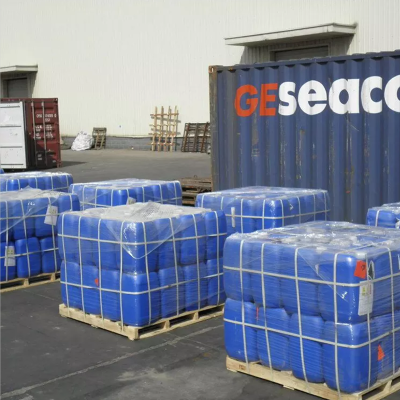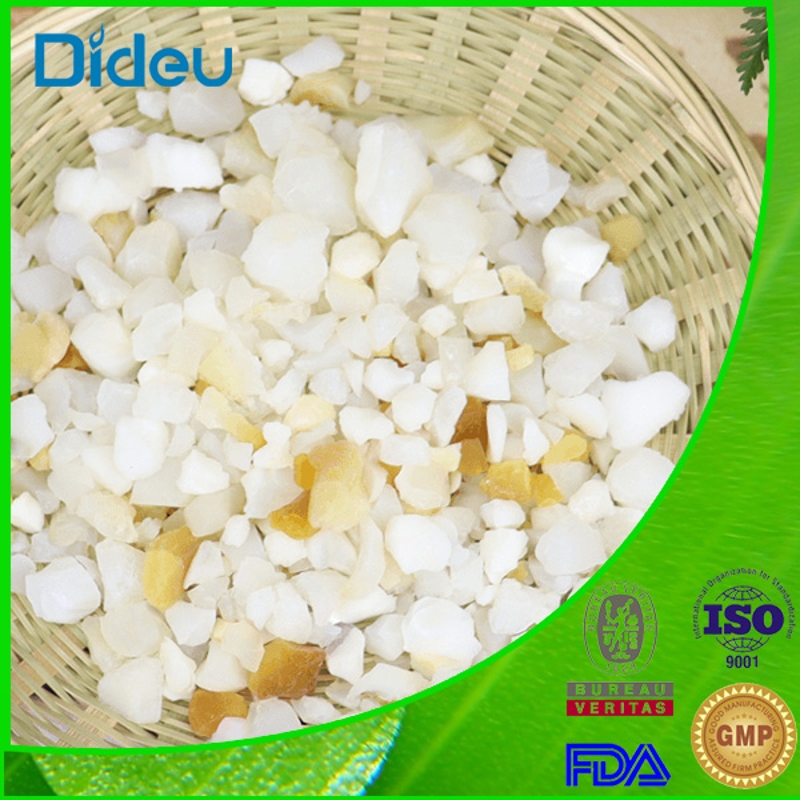-
Categories
-
Pharmaceutical Intermediates
-
Active Pharmaceutical Ingredients
-
Food Additives
- Industrial Coatings
- Agrochemicals
- Dyes and Pigments
- Surfactant
- Flavors and Fragrances
- Chemical Reagents
- Catalyst and Auxiliary
- Natural Products
- Inorganic Chemistry
-
Organic Chemistry
-
Biochemical Engineering
- Analytical Chemistry
-
Cosmetic Ingredient
- Water Treatment Chemical
-
Pharmaceutical Intermediates
Promotion
ECHEMI Mall
Wholesale
Weekly Price
Exhibition
News
-
Trade Service
4-Vinylguaiacol, also known as catechol, is a versatile chemical compound with a wide range of applications in the chemical industry.
It is used as a raw material in the production of various materials, including plastics, dyes, and pharmaceuticals.
The synthetic routes for 4-vinylguaiacol can vary depending on the desired product and the starting materials available.
This article will discuss some of the commonly used synthetic routes for 4-vinylguaiacol.
- The Scholl process
The Scholl process is one of the most widely used synthetic routes for 4-vinylguaiacol.
It involves the reaction of acetylene and sodium hydroxide in the presence of a Lewis acid catalyst, such as aluminum chloride or ferric chloride.
The reaction produces a mixture of products, including 4-vinylguaiacol and other catechols.
The 4-vinylguaiacol can be separated from the mixture using various methods, such as distillation or crystallization. - The Cativa process
The Cativa process is another commonly used synthetic route for 4-vinylguaiacol.
It involves the reaction of p-xylene with hydrogen peroxide in the presence of a Lewis acid catalyst, such as aluminum chloride or ferric chloride.
The reaction produces a mixture of products, including 4-vinylguaiacol and other catechols.
The 4-vinylguaiacol can be separated from the mixture using various methods, such as distillation or crystallization. - The BASF process
The BASF process is a synthetic route for 4-vinylguaiacol that involves the reaction of acetylene with sodium hydroxide in the presence of a catalyst, such as sodium sulfate or calcium oxide.
The reaction produces a mixture of products, including 4-vinylguaiacol and other catechols.
The 4-vinylguaiacol can be separated from the mixture using various methods, such as distillation or crystallization. - The Rhodia process
The Rhodia process is a synthetic route for 4-vinylguaiacol that involves the reaction of p-xylene with hydrogen peroxide in the presence of a Lewis acid catalyst, such as ferric chloride or aluminum chloride.
The reaction produces a mixture of products, including 4-vinylguaiacol and other catechols.
The 4-vinylguaiacol can be separated from the mixture using various methods, such as distillation or crystallization.
In conclusion, 4-vinylguaiacol is an important chemical compound with a wide range of applications in the chemical industry.
The synthetic routes for 4-vinylguaiacol can vary depending on the desired product and the starting materials available.
The Scholl process, the Cativa process, the BASF process, and the Rhodia process are some of the commonly used synthetic routes for 4-vinylguaiacol.
The 4-vinylguaiacol can be separated from the mixture using various methods, such as distillation or crystallization.







